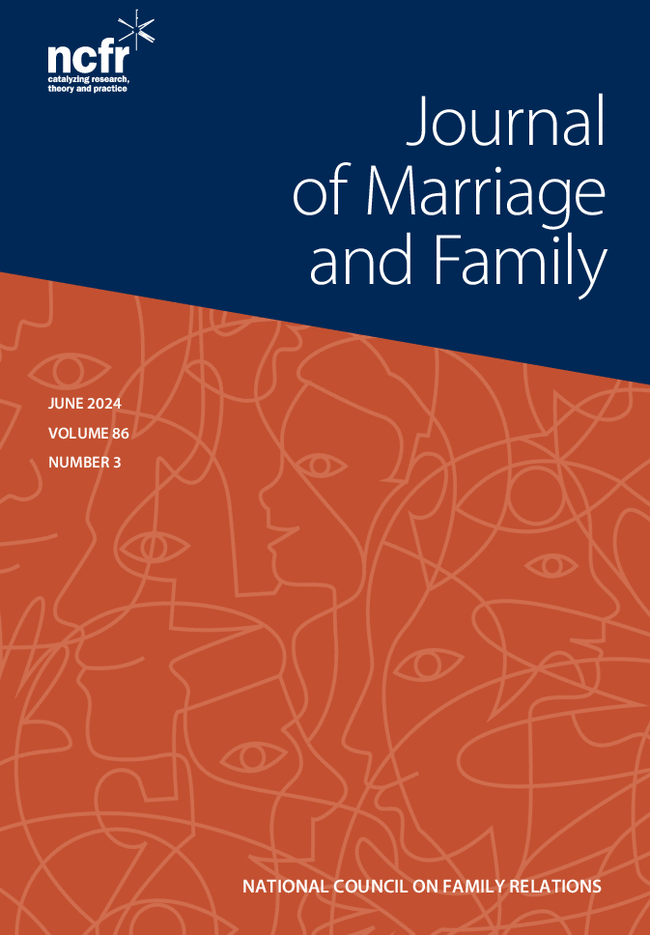Parenthood and Gendered Mental Health: The Role of Paid Work and Housework Time
Abstract
Objective
This study examines the role of changes in paid work and housework time on first-time mothers' and fathers' mental health trajectories.
Background
The transition into parenthood is a key life course event with important consequences for individuals' activity patterns and couples' division of labor. Yet, whether gendered shifts in paid and domestic work time are linked to men's and women's mental health during the transition to parenthood remains unclear.
Method
Using large-scale panel data from the Australian HILDA survey for men and women in different-sex couples (2002–2022; N = 5932), we apply a longitudinal mediation framework with fixed effects models to determine the extent to which mental health trajectories are affected by changes in paid work and housework hours across the first transition into parenthood, considering both individual and partner-relative contributions.
Results
Individual and partner-relative paid work hours are positively associated with mental health for both men and women, while individual housework hours negatively impact only women. Following parenthood, women experience substantial reductions in paid work and increases in housework hours, but men's time use stays unchanged. Accordingly, despite overall improvements in women's mental health trajectories, findings show that these parenthood-related changes in time allocations suppress some of the positive effects of childbearing for women, whereas men remain unaffected.
Conclusion
The transition to parenthood markedly reinforces gendered time use patterns in paid work and housework within couples, with disadvantageous shifts for women that result in small reductions in first-time mothers' mental health trajectories. The potential factors underlying these findings are discussed.


 求助内容:
求助内容: 应助结果提醒方式:
应助结果提醒方式:


